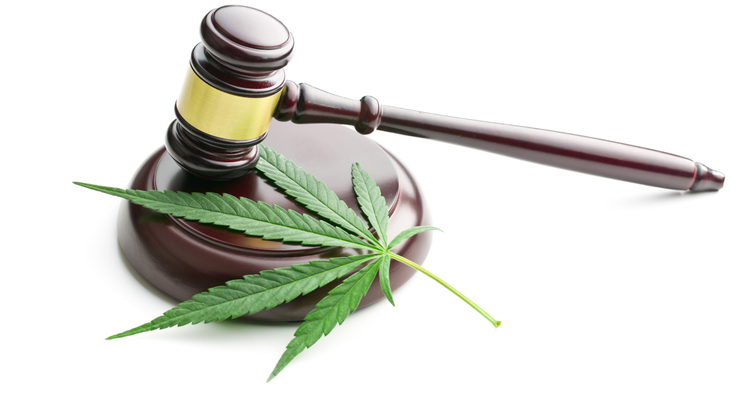Pot smell didn’t provide probable cause for juvenile’s arrest, top state court says

Image from Shutterstock.
The Delaware Supreme Court has ruled that marijuana and cocaine seized after police arrested a juvenile should be suppressed because the pot smell emanating from the vehicle in which she was a passenger didn’t provide probable cause for her arrest.
The court ruled 4-1 for Heather Juliano, which is a pseudonym used for the juvenile who was 15 years old at the time of her arrest, Law360 reports.
She was charged after she handed over the drugs in her pants in an effort to avoid a strip search.
Police pulled over the car in which Juliano was riding because she wasn’t wearing a seat belt. One of two officers on the scene decided to arrest the car’s occupants after detecting the smell of marijuana. All four occupants of the vehicle were removed and handcuffed. At the police station, Juliano retrieved a bag of marijuana and a bag of cocaine from her pants.
Juliano was found delinquent on charges of aggravated possession of cocaine, drug dealing and aggravated possession of marijuana.
The Delaware Supreme Court noted in its Sept. 10 opinion that Delaware lawmakers decriminalized personal-use quantities of marijuana in 2015. Possession of smaller amounts of marijuana was a misdemeanor for juveniles younger than age 18 and a civil offense for adults.
Delaware law allows warrantless arrests for misdemeanors when the officer has probable cause to think that the offense was committed in the officer’s presence. Warrantless arrests for civil violations are not permitted.
The smell from the vehicle didn’t establish a fair probability that Juliano consumed the marijuana in a moving vehicle, the state supreme court said. And the record does not support a conclusion that the officers knew that Juliano or other vehicle occupants were younger than age 18. Nor is there evidence providing officers with a reasonable belief that Juliano had a larger quantity of marijuana that was subject to stiffer penalties, the state supreme court said.
“Under the totality of the circumstances presented by the state in this unusual case, including the vagueness of the officers’ description of the marijuana odor, the timing of their detection of that odor, and the absence of any other observations indicative of criminality, Juliano’s arrest was unreasonable,” the Delaware Supreme Court said in its majority opinion.
Write a letter to the editor, share a story tip or update, or report an error.


